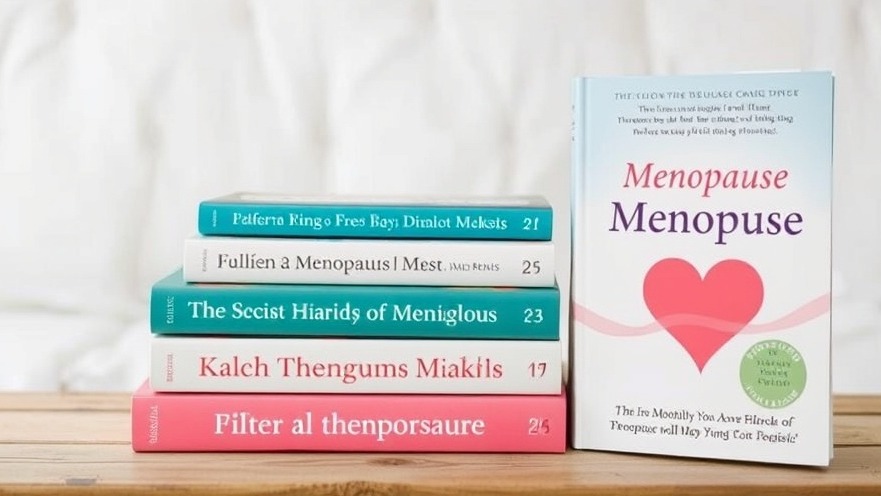
Understanding the Hidden Crisis: Depression and Early Menopause
Early menopause is often perceived through the lens of physical symptoms like hot flashes and hormonal changes, yet a recent study highlights a darker, often overlooked truth: nearly 30% of women diagnosed with premature menopause also grapple with depression. This condition, medically termed primary ovarian insufficiency (POI), affects women under 40 and can significantly alter their emotional landscape.
The Psychological Impact of Infertility and Loss
The emotional consequences of POI extend beyond hormonal imbalances. Many women face profound grief related to infertility, which, alongside the sudden onset of menopause symptoms, can drastically reshape their identities and social roles. The study indicates that younger women, in particular, may experience heightened risks of depression due to these compounded changes. They are often dealing with not just physical symptoms but an emotional turmoil that can leave them feeling isolated.
Key Risk Factors: Grief, Age, and Support
Researchers identified several risk factors associated with depressive symptoms in women facing premature menopause. Significant among these are the age at which POI is diagnosed, the severity of menopause symptoms, and the level of emotional support available. Women reporting fertility-related grief and those lacking robust social networks were notably at greater risk. Surprisingly, the use of hormone therapy did not correspond with levels of depression, suggesting that psychological and social dimensions may weigh heavier than purely biological factors.
Future Implications for Support Systems
Given these findings, there’s an urgent need to address the emotional health of women navigating premature menopause. Creating robust support systems—whether through therapy, community groups, or educational resources—can alleviate some of the burdens these women carry. Encouraging open conversations about the psychological impacts can lead to more proactive support and understanding from families and healthcare providers alike.
Taking Action: Awareness and Understanding
For those experiencing early menopause or supporting someone who is, it’s crucial to prioritize emotional well-being alongside physical health. Awareness and understanding of the mental health implications can create an environment where women feel supported and able to navigate this challenging life phase. The journey through early menopause does not have to be walked alone; reliable support networks can make a world of difference.
As you embark on this journey, remember that seeking help is a strength, not a weakness. Consider reaching out to healthcare providers or mental health professionals who can offer guidance tailored to your needs. Awareness is the first step towards empowering yourself and others during this transition.
 Add Row
Add Row  Add
Add 




Write A Comment